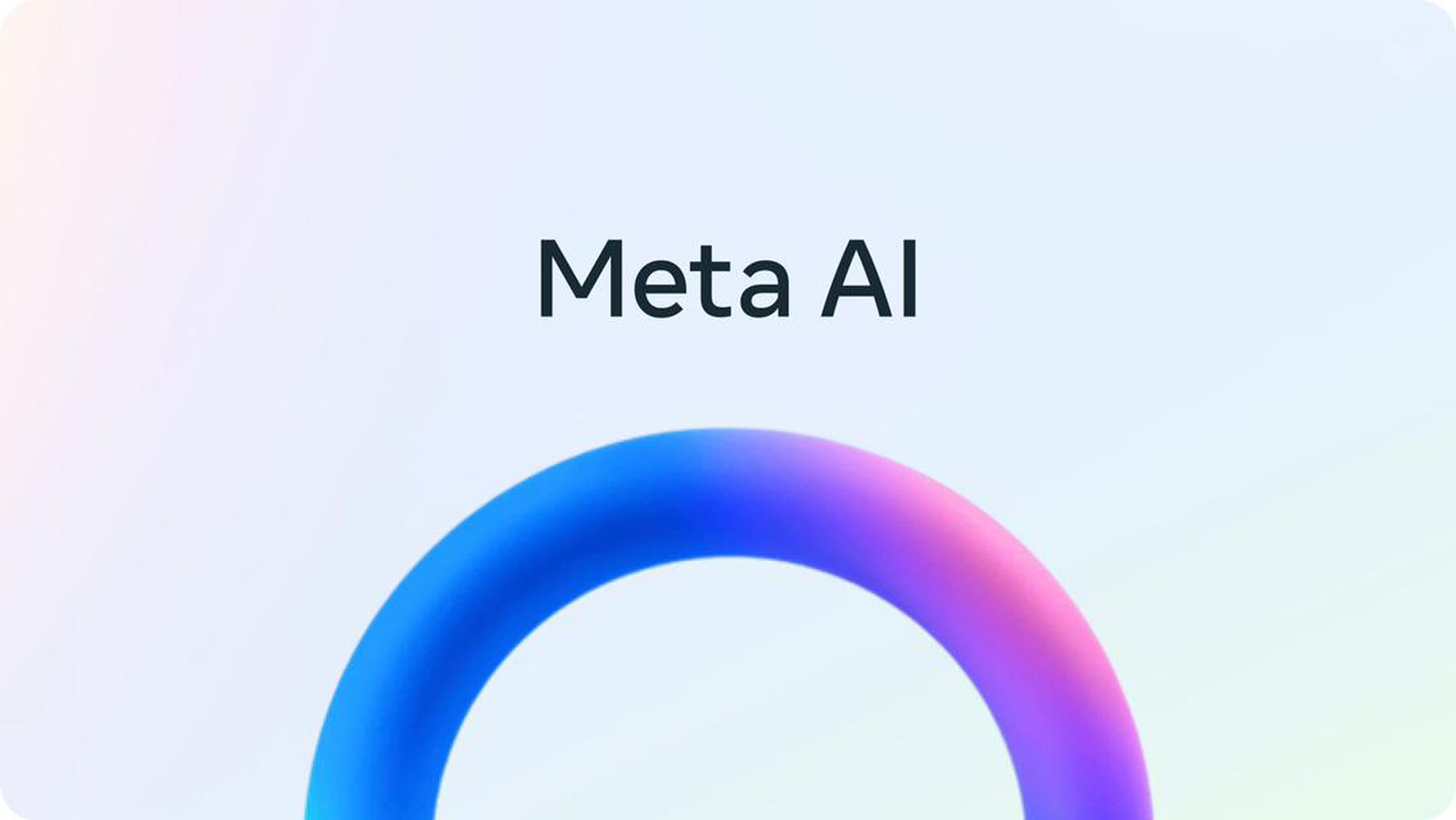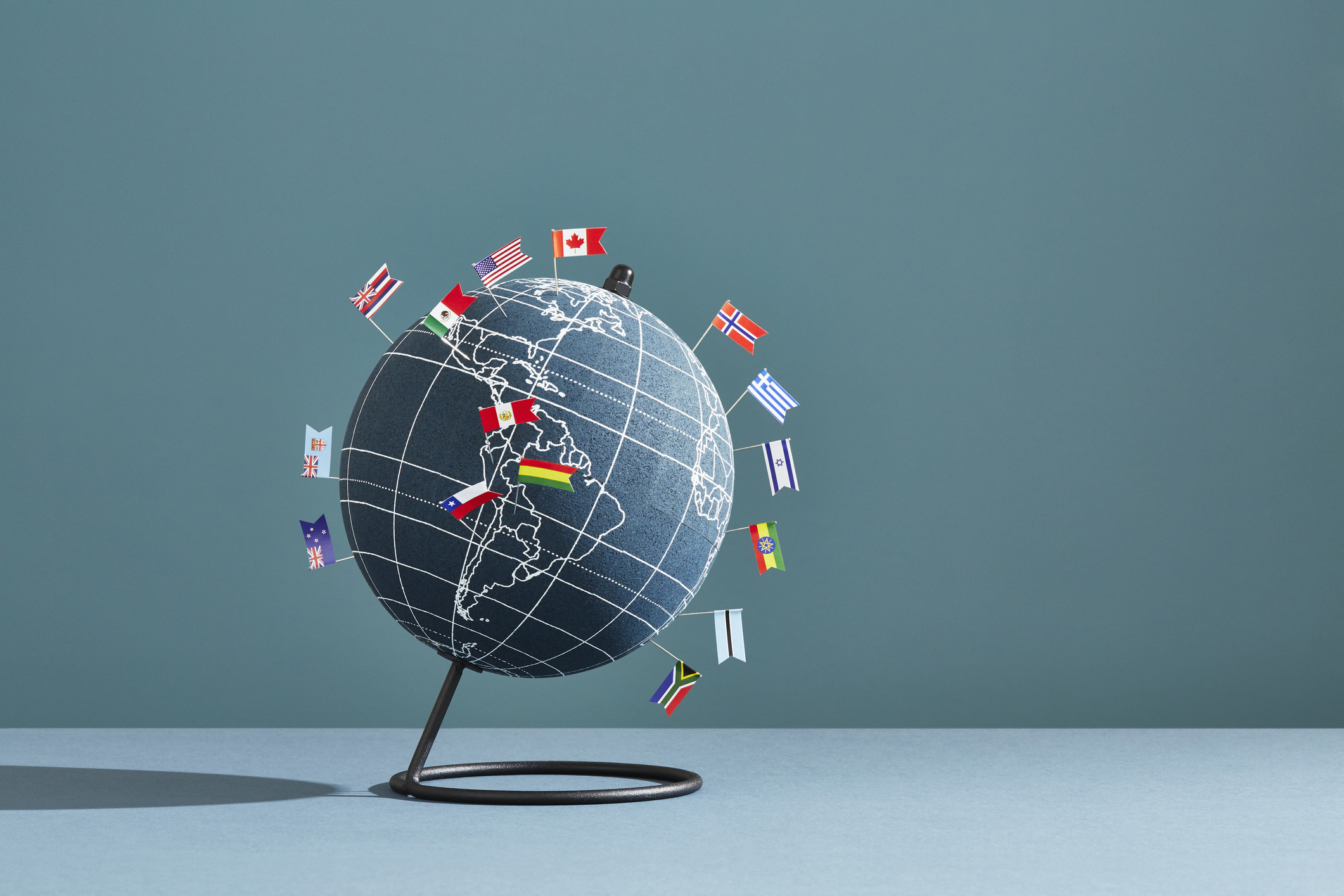
Brazil Draws the Line: Meta’s AI Ambitions Halted
In a bold move that underscores Brazil’s commitment to data privacy, the national data protection agency, ANPD, has blocked Meta’s plans to utilize users’ posts from Facebook and Instagram for training artificial intelligence models. This decision not only highlights the complex interplay between social media, privacy laws, and innovation but also raises important questions about the ethical implications of AI advancements.
A Cautionary Tale for Innovation
Meta’s recent setback marks a significant moment in the ongoing debate around data usage and consent in the digital age. The company’s spokesperson expressed disappointment, arguing that this is a “step backwards for innovation, competition in AI development, and further delays in bringing the benefits of AI to people in Brazil”. Yet, as consumers, can we truly afford to ignore the implications of allowing our online activities to be harvested for corporate gains? The line between technological advancement and personal privacy becomes ever blurrier with each passing day.
 Concerns over data privacy and AI usage are rising globally.
Concerns over data privacy and AI usage are rising globally.
The Disconnect with European Standards
Interestingly, this issue has not cropped up out of nowhere. Brazil’s decision closely follows Meta’s recent policy adjustments in Europe, where similar plans were met with scrutiny. The Irish Data Protection Commission requested a pause on these changes after concerns were raised regarding the use of personal data, particularly for posts shared by those under 18. The irony is striking: Brazil, with its vast user base—over 102 million on Facebook and more than 113 million on Instagram—found itself in a position where its data protection measures appeared less robust than those imposed in Europe.
Pedro Martins, an advocate for data privacy rights in Brazil, noted the discrepancies. He highlighted that Meta initially planned to utilize posts from Brazilian children and teenagers for AI training while respecting the privacy of European youth. This brings forth a chilling realization: are our children’s digital footprints merely fodder for corporate algorithms?
The Importance of Regulation
The Brazilian authorities cited the “imminent risk of serious and irreparable damage” to users’ privacy as the basis for their decision. They issued Meta a mere five working days to revise their policy, lest they face hefty fines of R$50,000 daily. Such decisive action showcases Brazil’s increasing vigilance in regulating how corporations manage personal data, contrasting sharply with procedures that can leave users in Europe feeling somewhat better protected.
The emphasis on protecting children’s data is particularly crucial. In a media landscape saturated with content, it is easy to overlook the implications of AI systems that could potentially exploit the voices of our youngest users. This potential for misuse demands thorough oversight and stringent regulations.
 Governments worldwide are grappling with the implications of digital privacy.
Governments worldwide are grappling with the implications of digital privacy.
Striking a Balance
As someone who follows tech trends closely, I find myself torn between the allure of AI—a tool with immense potential—and the pressing need for ethical oversight. Technology like large language models (LLMs) can significantly advance fields such as healthcare, education, and environmental science. However, without a framework that prioritizes user consent and data integrity, does this progress come at too high a cost?
Meta seems to feel comfortable navigating these murky waters, often emphasizing that its policies comply with local laws. However, the question remains: just because something is legal, does it mean it’s ethical? In an era where data is currency, users must be empowered to understand and control how their information is used, not just by Meta, but by all digital entities.
As we witness the turmoil surrounding Meta’s proposed changes in Brazil, it serves as a reminder that the balance between innovation and privacy is delicate and fraught with challenges.
Looking Forward
The reality is that as AI continues to evolve, so too must our comprehension and management of data privacy. Technology itself is not inherently harmful; rather, it is how we apply it—and who benefits from it—that demands scrutiny. Moving forward, Brazil’s proactive stance could serve as a model for other nations grappling with similar dilemmas. Their approach emphasizes the importance of safeguarding personal rights while navigating the enticing landscape of technological advancement.
In conclusion, while the blocking of Meta’s AI ambitions in Brazil signals a potential slowdown for the tech giant, it could very well spark a more extensive dialogue about the ethics of AI and user consent globally.
Are we ready for a future where privacy is paramount, or will we continue down the road paved by conveniency at the expense of our individual rights?
 The fight for data protection and responsible AI usage continues.
The fight for data protection and responsible AI usage continues.















